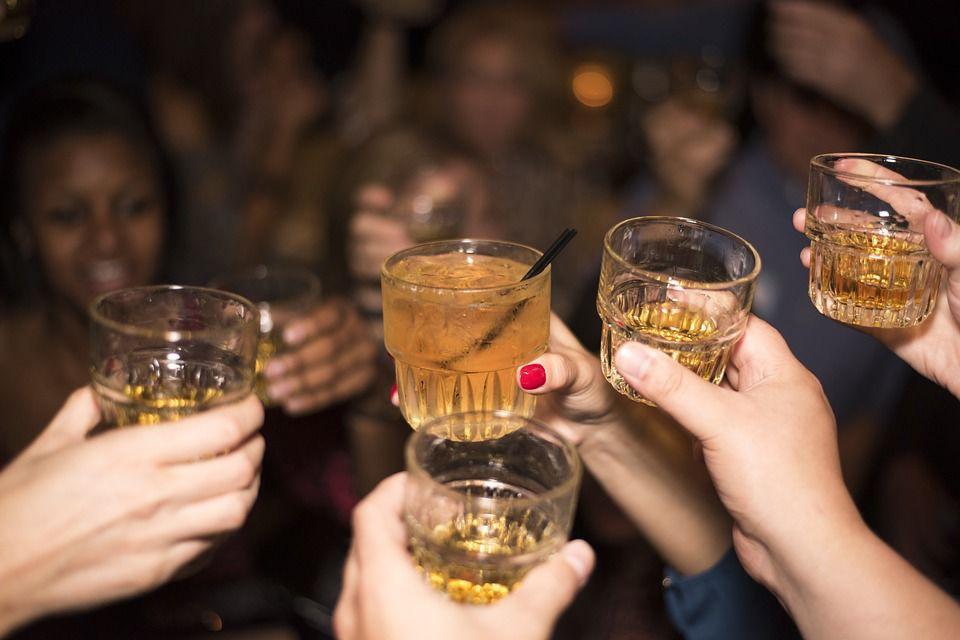Alcohol is a drug, just like marijuana, cocaine, LSD and heroin. Alcohol consumption is ingrained into American culture, and excess drinking is generally accepted, especially on college campuses. This promotion is a startling double standard.
Around campus, students wear shirts with logos of Abita, Budweiser, Tin Roof or Parish Brewing. There isn’t anything inherently wrong with this. All students have a right to freedom of expression. The problem arises when people demonize other mind-altering substances, some of which might be safer than alcohol.
The most common effects of marijuana, for example, are trouble thinking clearly, temporary memory loss, increased appetite, slowed coordination and potentially dangerous chemicals coming in contact with the lungs. Those chemicals are still drastically safer than cigarettes, the legal product that has been proven since the mid-20th century to cause cancer. Most people who smoke marijuana will just want to lay on a couch and watch a movie.
Some common effects of LSD, as cliché as they might sound, are an uplift in mood, life-changing therapeutic realizations and a feeling of connection with the universe and others. Most people who ingest LSD will want to prance through a field.
Alcohol, on the other hand, leads to reduced impulse control, lowered inhibitions and a boost in confidence.
When used responsibly, none of these drugs typically harm the user.
There have been no documented deaths due to an LSD overdose, according to a report by the Drug Policy Alliance in 2015. Additionally, there have been no documented accounts of a death due to a marijuana overdose alone, according to an article by the Huffington Post this year, although that figure is heavily debated.
However, 88,000 people die annually from alcohol-related incidents in the U.S. Alcohol poisoning accounts for, on average, six deaths in the U.S. each day. This makes alcohol the third leading preventable cause of death in this country. The first is tobacco. Both are legal and heavily advertised, despite government regulations.
The bottom line is that alcohol is known to directly kill. Other drugs that have been and continue to be demonized have a death count of zero. Sure, a person might get behind the wheel while on LSD or marijuana and cause a fatal crash, but the drug itself is inherently safe to consume in terms of mortality. Alcohol, in excess, is a poison that kills.
There are far safer drugs than alcohol. Why do we celebrate a drug that is widely known to cause deaths and a plethora of other detrimental effects? Why do we demonize drugs that are far less dangerous at face value?
The war on drugs is mostly to blame, but it’s time to change those outdated misconceptions.
The U.S. Food and Drug Administration approved a form of cannabis to treat severe cases of epilepsy earlier this year. Psilocybin, or “magic mushrooms,” is a hallucinogen like LSD, and can help treat mental illnesses such as depression and anxiety, according to a study published by Johns Hopkins University in 2016.
All drugs are harmful when misused, including marijuana and LSD. Both of them can bring out underlying mental health issues. They can also help treat those who already suffer from mental illness.
Alcohol presents far more harm than benefit. Its widespread and accepted promotion is a startling double standard that we, as a society, should address.
James Smith is a 21-year-old mass communication senior from Grand Coteau, Louisiana.
Opinion: Alcohol culture toxic, reveals hypocritical double standard
By James Smith
November 1, 2018







